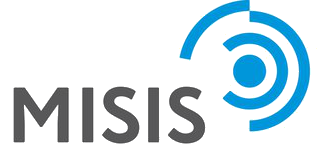In our weekly newsletter, we present a series of topics designed to address students’ concerns about the elements and characteristics of academic writing. The topic of this week is – Using Evidence in Academic WritingResearch-based writing is a complex exercise comprising many skills that you will continue to hone throughout your academic/professional career. Learning how to integrate the observations and findings of other researchers in your field will allow you to strengthen your position and lend variety to your writing. Researchers across all disciplines will also benefit from including source material in their own writing since they will be exposing themselves to the perspectives of other scholars in their fields of research.
How do you weave source material throughout your own writing without plagiarizing, you may ask? The English Language Fellows Program (of which I am part), produces excellent webinars designed to answer the preceding questions, among many others. I strongly encourage my students, and any interested individuals, to set some time aside to watch the Using Evidence in Academic Writing: Avoiding Plagiarism webinar. Key concepts explored in the webinar include 1) how to define plagiarism; 2) being able to recognize the difference between quoting, paraphrasing, and summarizing, and 3) the importance of identifying citation patterns. So, prepare yourself a nice cuppa, get comfy, and settle in to learn how to reference the work of others to enrich your own.
by Leticia Medina


